A few weeks back we attended a panel on the sexualisation of black bodies held together by Edinburgh’s Sexpression and ACS. All panelists talked openly and frankly about their experiences, both good and bad. We learned a lot from the event and have transcribed some of the most enlightening parts of the conversation:
On the fetishisation of black bodies:
‘One negative thing I’ve seen as a black woman is your body becomes fetishised, you’re not seen as a black woman or just seen purely for your body. You might have people trying to make advances on you because they find your ‘exotic’ body desirable. They just want the body and not the individual which is really frustrating when it comes to dating, relationships and sex. You always get that fear, always second guessing why the person is with you. Are you with me because my body is ‘in’ right now or are you with me because you want me as a whole package, not just my body? It can be quite damaging to your psyche in the long term. It feels like you constantly have to change and adapt yourself to fit a norm.’
‘Going out in Edinburgh I’ll find that men are being very sexually forceful on me. I’m not sure they’d treat me that way if I was a white woman. It got to the point where I didn’t want to go clubbing anymore, the whole time I’m out I feel like people are doing way too much.
Sometimes when you’re with your friends or girlfriends, certain tunes come on and then i’ll start to twerk or something and all these men will gather around and be like ‘yeaahhh’. And it’s because I’m a black woman performing to black stereotypes. They’ll see me dancing and think that can translate into sex. Like if she’s a good ‘black’ dancer she’ll be good in the bedroom. And people view it as an experience. I’ve had men come up to me and be like ‘you’re the first black girl I’ve been with’ and stuff like that. And why is that a big deal? It’s not just damaging, it’s very dehumanising. Are these guys just making a move for the promise of a wild ride of what I’ll be like in bed or on the dance floor? But if you raise the issue you become the ‘angry black girl’. You never trust yourself enough in a sexual space, you don’t want to be angry but you don’t want to be taken advantage of either.’
On language used against black women:
‘It’s so unfair that I can’t voice my opinions without coming across as aggressive and I feel like that stereotype is often weaponised against me. Sometimes people feel that I’m being rude or aggressive when I’m just not. I’m just speaking my mind.’
‘It really links to micro-aggressions. Some words are just descriptive words but they’re used in a context to demean and belittle you. But it’s never that simple and it’s really hard to defend yourself against them.I never know if I’m being crazy because I’m being made to feel crazy but I know that this person has tried to belittle me. And its so frustrating because you keep having to second guess yourself’.
‘The word that really gets to me is ‘sassy’. Sometimes I’ll say something and people will just randomly retort with ‘sass, sass, sass’! And I’m just like ‘where did that come from?’ When you navigate white spaces you feel like you have to perform to your blackness because that’s what is expected of you. Even though it’s not right, I’ve done it before because I don’t want to go through the emotional labour of explaining myself hundred times who may not understand. I’m not being sassy, I’m just speaking my mind.’
‘I relate to this because there are stereotypes that I live up to as a black man as well. Sometimes people say this stuff to me thinking I’m going to be okay with it as the ‘token’ one but I definitely feel that I’m made to conform to an idea of blackness.’
On black children being sexualised:
When you see cases in America or here of violence against black children, they’re never called ‘children’ but always labelled as ‘men’ or ‘women’, and that contributes to their sexualisation. People aren’t even registering them as girls and are viewing them as women. Every black woman has experienced men being quite aggressive, gross or creepy due to the hyper-sexualisation I don’t know how that narrative will change but it has to start with how the media refers to them.
I feel like we should also be allowed to call out black men for sexualising black women at an early age. It’s a strange situation because if you call out a man for turning you into a sexual object, you have the sexual autonomy to recognise how he’s making you feel and that’s a bad thing. You don’t know how to articulate it without it seeming like you’re in some way up for it. All you want is to be left alone.
‘Black men will dance will black girls but those same men will say: ‘I’ll never date a black girl’. They dehumanise them like objects. I thunk it is due to media. Like rappers will treat the women in their music videos like shit. It’s that alpha male-submissive dynamic. There is a pattern of objectifying and dehumanising.’
On colourism:
Lighter skinned women have it easier?
‘When it comes to dating, especially when we were younger, black guys were obsessed with light skinned or mixed race girls. Those were the pinnacle. Ethnically ambiguous was the ideal. Back guys would say that they wouldn’t date dark girls which is wrong. But on the other hand, colourism with men is the opposite. Darker skinned men are seen to be more masculine. Especially in America, a darker skinned man is seen to be more of an alpha man. But generally the lighter the person, the greater the privileges. On TV, the black characters usually have a skin tone as close to white as possible.’
‘With darker skinned women, you’re something to be appreciated behind closed doors. You’re not a trophy wife, especially compared to light skinned people. And it does have an effect on people’s mental health but you have to rewire it. In general, I think it’s an issue facing many POC communities. The rise of representation is crucial like Lupita Nyong’o.’
‘It interesting how things which are associated with black culture are first seen as not cool but then are rebranded and suddenly become cool. It fits under the under the umbrella of cultural appropriation. Sometimes when halloween comes around, I’ll send messages to my friends saying ‘happy cultural appropriation day!’, because I know that at some point on the streets, especially here in Edinburgh, I am going to see something that is appropriating my culture. If I was to claim this whole ‘black chick’ label which some women do incredibly, then you would see that as cool but others would put me down for that. If I sat here with massive hoops and big hair, I wouldn’t be free to explore facets of black identity without feeling judged. It’s a double edged sword. I will be seen as cool but also fulfilling a stereotype which I’m not trying to.’
It’s fair to say that this conversation was truly enriching and only proves that we need to create more conversation and dialogue for people to speak their truth and educate others around them.

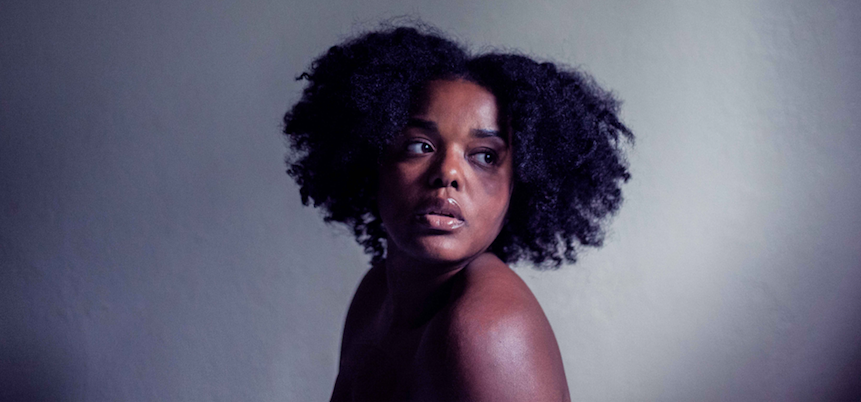
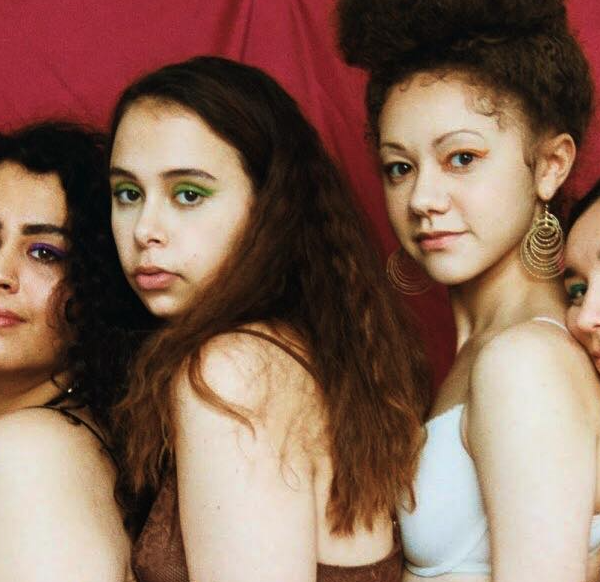
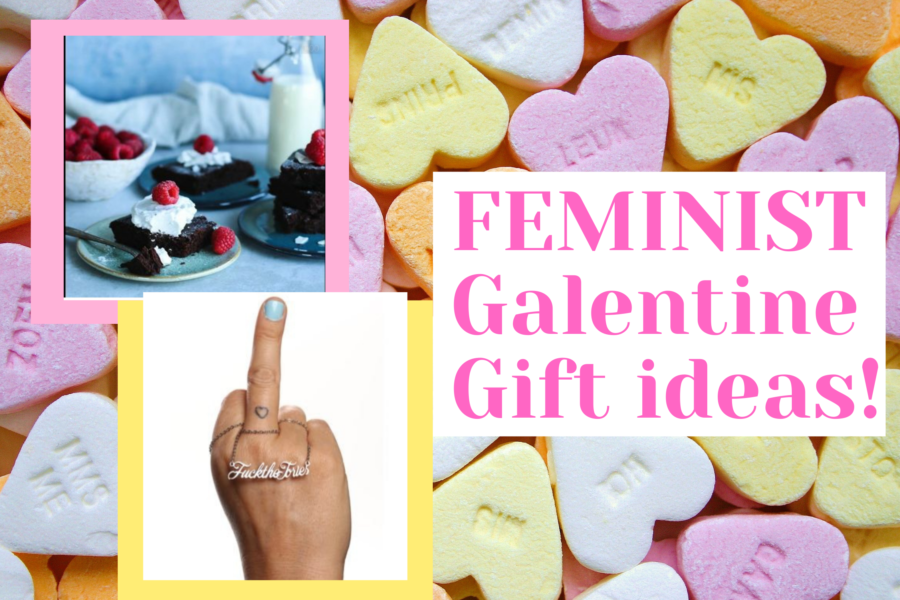
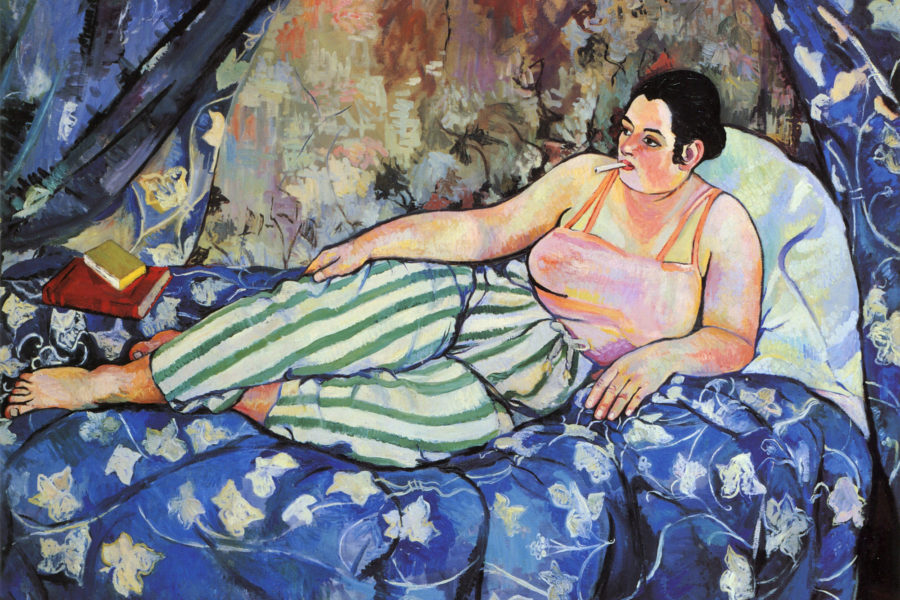
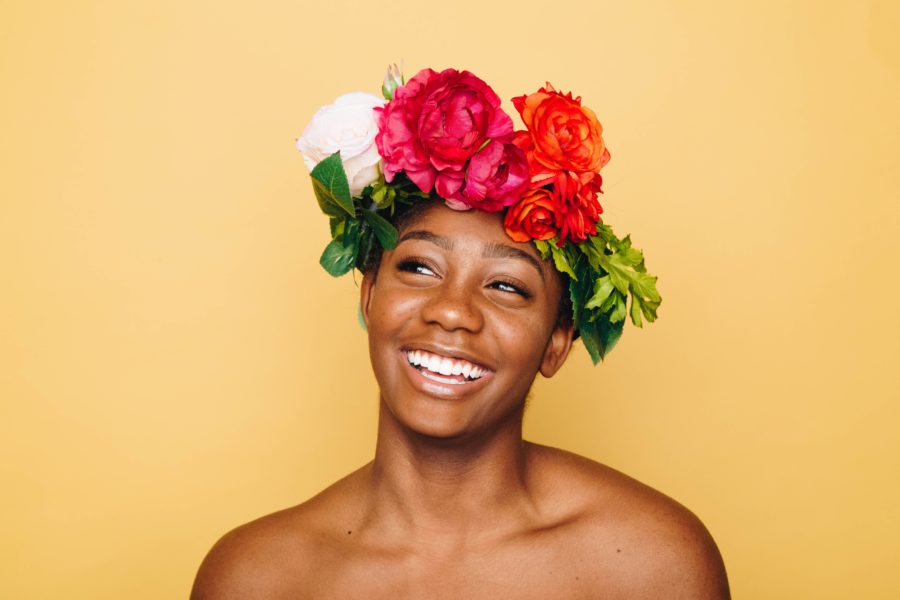
Leave a Comment